Swelling (excess fluid in the joint)
General information
Many people can suffer from swollen ankles, most of the time, this is an innocent phenomenon. A painful and thick ankle can be a symptom of a more serious underlying problem. If the fluid doesn't sink away and the ankle remains swollen and thick, it is advisable to consult a doctor. Your doctor will refer you to an orthopedic surgeon if necessary.
Causes
Reduced blood flow is often the cause of your ankles swelling up. Because the blood does not flow properly, fluid accumulations can occur in the lower body, causing thick and painfully swollen ankles. Another cause can be an inflammation or a sprained ankle. If your ankle is swollen due to one of the causes mentioned below, it is vital to treat it instantly:
- Diabetes
- Thrombosis
- Kidney and liver disorders
- Heart and vessels disorders
Thick and swollen ankles are most common in the summer, because the body retains more fluid. Swollen ankles also occur more often when women are pregnant or during women their menstruation. Furthermore, people with a certain disorder or illness are also more likely to get swollen ankles. For diabetes patients and people who suffer from heart, liver, or kidney diseases, a swollen ankle is also very common. Thick ankles can also occur as a side effect of certain medicines.
Treatment
While you're pregnant, swollen ankles and feet can be prevented by walking and moving around a lot, because it is very important to keep the blood flow going. Swollen feet due to high temperature is a phenomenon which eventually goes away again, usually when the temperature drops. You could think of wearing a brace to help you with the swelling.

Bauerfeind MalleoLoc Ankle Support

Bauerfeind MalleoTrain S Ankle Bandage
Protection level 2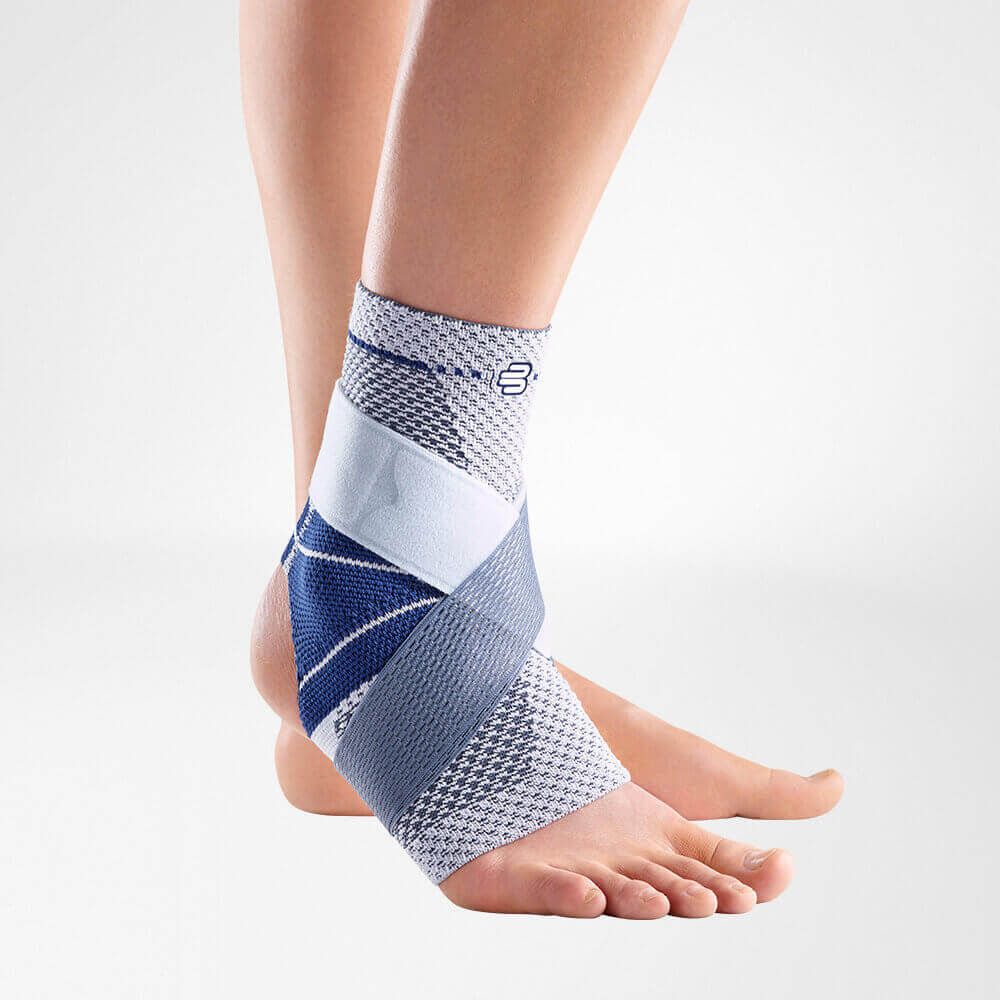
Bauerfeind MalleoTrain S Ankle Support - Open Heel

Bauerfeind MalleoTrain Ankle Support
Protection level 2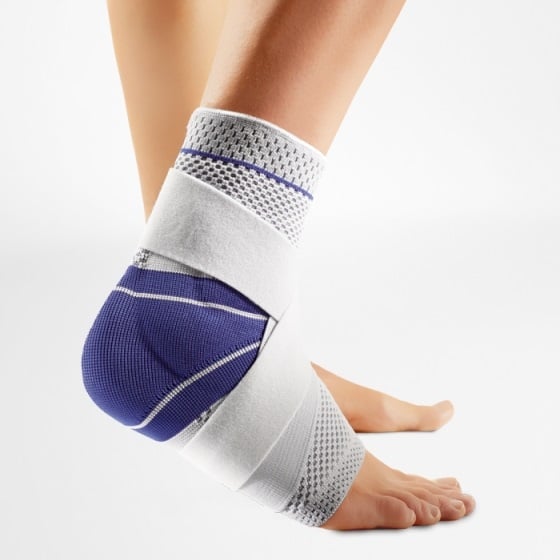
Bauerfeind MalleoTrain Plus Ankle Support
Protection level 2
Bauerfeind AirLoc Ankle Support
Protection level 3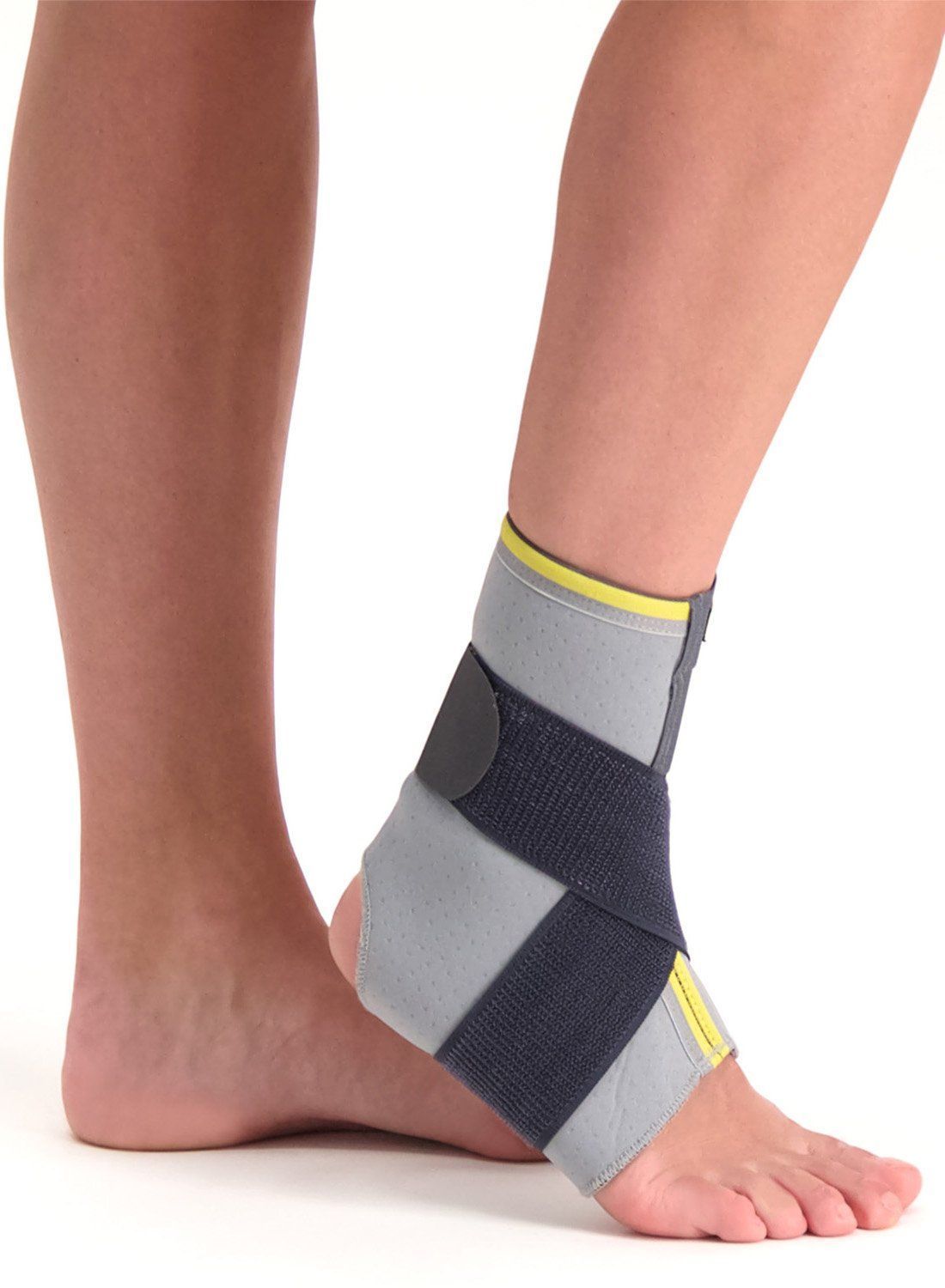
Morsa ThermoCY Lightweight Ankle Football Support
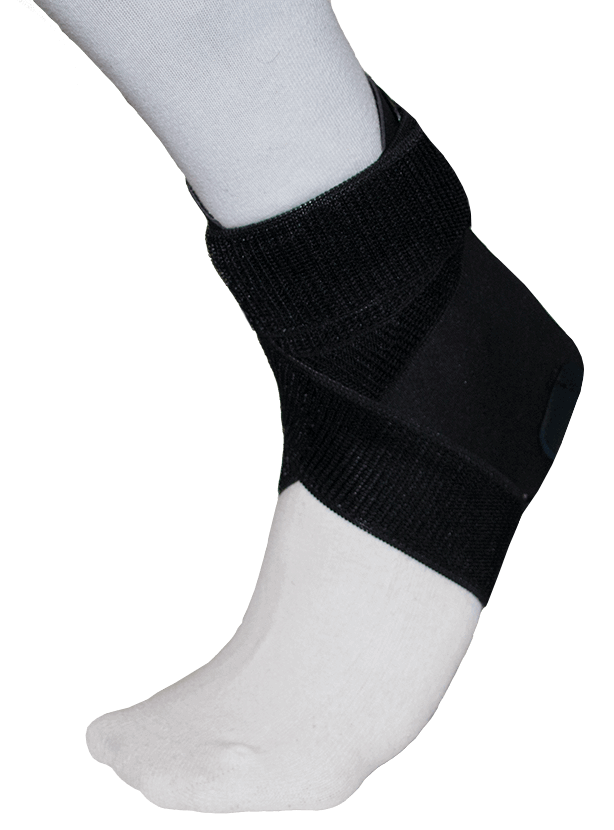
Gladiator Sports Lightweight Ankle Support Max
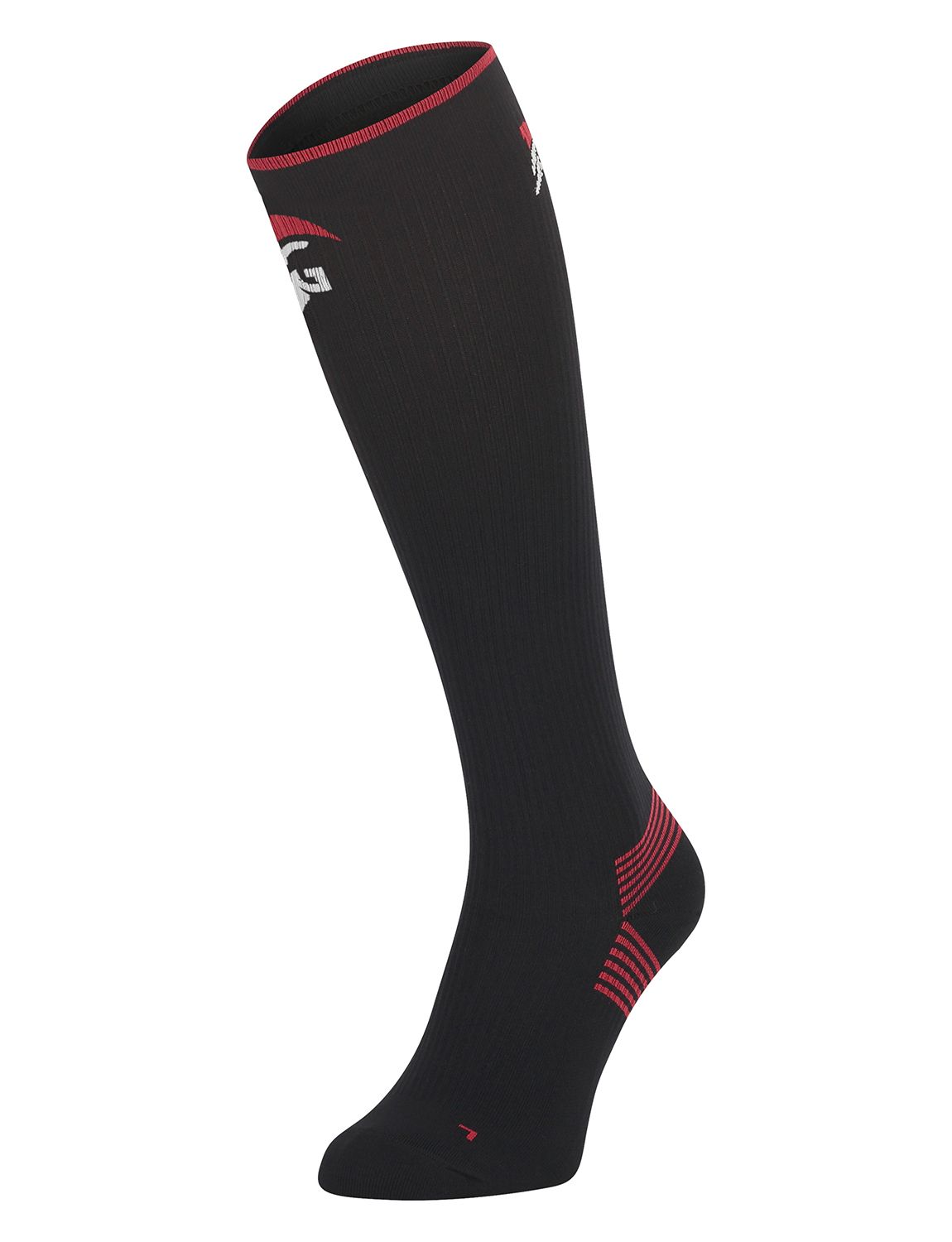
Gladiator Sports Premium Compression Stockings

- Physiotherapist
- Sports podiatrist
- Manual therapist
- Podopostural therapist
- Myofascial dry needling specialist

